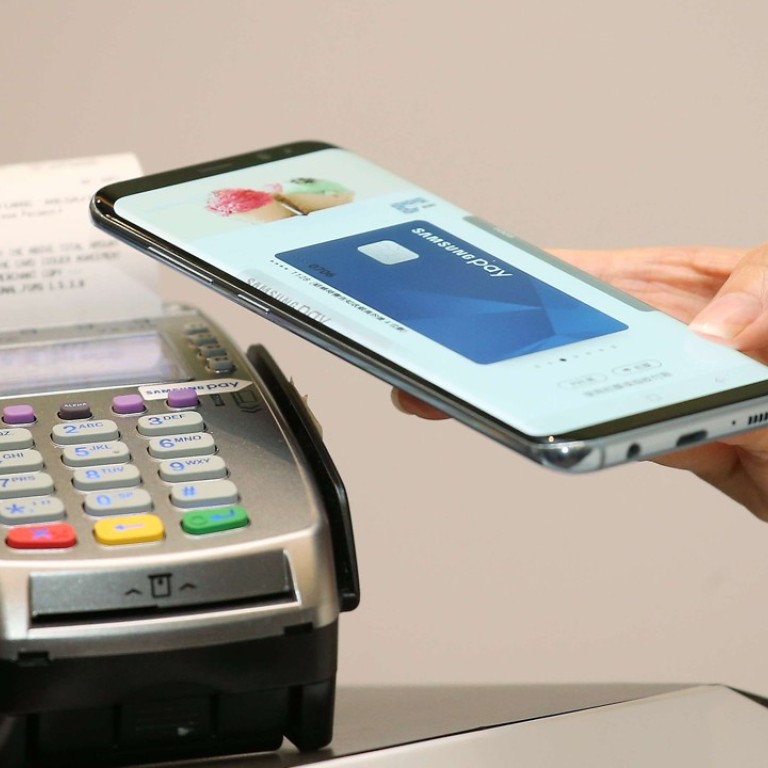
Much to be done for Hong Kong to become a true smart city
Hong Kong should be a leader in technology and innovation. Yet we lag competitors like Singapore, London and New York in the implementation of smart city fundamentals
Hong Kong, as one of the world’s most digitally-connected cities, should be a leader in technology and innovation. The “Pride of Hong Kong” area at the InnoTech Expo, at the Hong Kong Convention and Exhibition Centre until tomorrow, certainly gives that impression, with world-class inventions on show including a smart bicycle helmet and sign language translation gloves. Yet surveys and research repeatedly show we lag competitors such as Singapore, London and New York in the implementation of smart city fundamentals like cashless payment systems, government apps to improve resources and utilisation of big data and cloud computing. A conservative mindset when it comes to monetary transactions is in part to blame, but being ahead of others in tech-savviness is not merely about bragging rights or image; without them, we lose competitiveness.
A recent study by the US technology giant Google shows up Hong Kong’s deficiencies. Our city has 2.37 mobile phones for every person and 83 per cent of households are connected to broadband, so 81 per cent of people surveyed believed our city was digitally savvy. But only 42 per cent used services like digital banking and collaboration apps.
The mainland shows up our backwardness. App-driven cashless payment systems are commonplace and in larger cities, the preferred way of settling bills. Swiping a bar code with a smartphone will get everything from groceries to a restaurant meal to a taxi or rented bicycle. The convenience and efficiency are lost on Hongkongers, though; they still prefer to put their trust in cash, cheques and printed receipts and chops. That slows down transactions and provides opportunities for criminals.
Mainland e-commerce firms are eager to help usher in Hong Kong’s cashless era. That neatly fits Chief Executive Carrie Lam Cheng Yuet-ngor’s election manifesto to make Hong Kong a smart city and promote technological innovation, ideas bound to be fleshed out in her policy address on October 11.
The InnoTech exhibits show an innovative and creative scientific mindset exists, but with the Google study showing that just one-third of those questioned had made peer-to-peer transfers and payments with their smartphones, much needs to be done.
Hong Kong already has the infrastructure. But if society is to depend on online platforms, there has to also be first-rate cybersecurity, an allaying of privacy concerns and help for those less comfortable with technology. Companies have a vital role, but so, too, does the government in pushing citywide Wi-fi and promoting the idea of a digital society, making greater use of apps to provide information and ensuring a trouble-free shift to a cashless economy.

